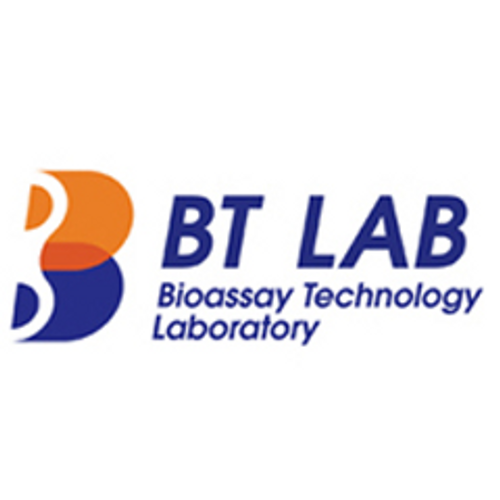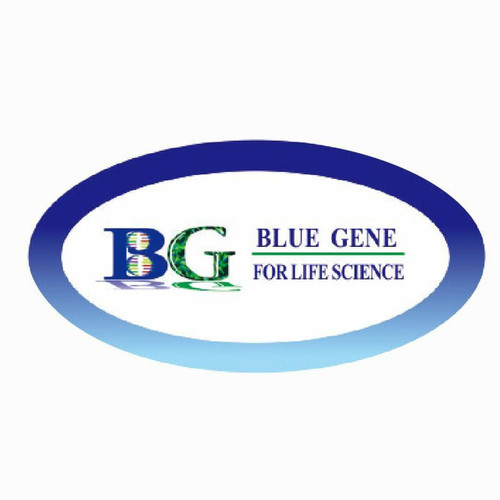Product Description
Rat Anti-sperm antibody IgG (AsAb-IgG) ELISA Kit | AE62724RA | Abebio
Species Reactivity: Rat (Rattus norvegicus)
Abbreviation: AsAb-IgG
Alternative Name: N/A
Application: ELISA
Range: Request Information
Sensitivity: Request Information
Intra-Assay: ≤6.5%
Inter-Assay: ≤8.0%
Recovery: 0, 98
Sample Type: Serum, Plasma, Other biological fluids
Detection Method: Competitive ELISA
Analysis Method : Qualitative
Test Principale: This assay employs the competitive enzyme immunoassay technique. The microtiter plate provided in this kit has been pre-coated with an antibody specific to AsAb-IgG. Standards or samples are then added to the appropriate microtiter plate wells with a Horseradish Peroxidase (HRP) -conjugated AsAb-IgG and incubated. The competitive inhibition reaction is launched between with HRP labeled AsAb-IgG and unlabeled AsAb-IgG with the antibody. A substrate solution is added to the wells and the color develops in opposite to the amount of AsAb-IgG in the sample. The color development is stopped and the intensity of the color is measured.
Product Overview: Anti-sperm antibodies are produced by cells of the adaptive immune system and are the cause of approximately 7% of male infertility incidences. They can bind to sperm, inhibiting their movement, stopping recognition and entry into the egg, or targeting sperm for destruction when they reach the female reproductive tract.Over half of men who have undergone a vasectomy develop anti-sperm antibodies.Antisperm antibodies in the form of autoantibodies in male and alloantibodies in female patients directed against sperm antigens may prevent fertilization of the oocyte into the female genital tract and are therefore one of the major reasons for an immunologically induced infertility. Fertility disorders of unknown etiology of male as well as female patients result to a considerably amount (up to 20%) from antisperm antibodies.
Stability: The stability of ELISA kit is determined by the loss rate of activity. The loss rate of this kit is less than 5% within the expiration date under appropriate storage condition. The loss rate was determined by accelerated thermal degradation test. Keep the kit at 37°C for 4 and 7 days, and compare O.D.values of the kit kept at 37°C with that of at recommended temperature. (referring from China Biological Products Standard, which was calculated by the Arrhenius equation. For ELISA kit, 4 days storage at 37°C can be considered as 6 months at 2 - 8°C, which means 7 days at 37°C equaling 12 months at 2 - 8°C) .
 Euro
Euro
 USD
USD
 British Pound
British Pound
 NULL
NULL








